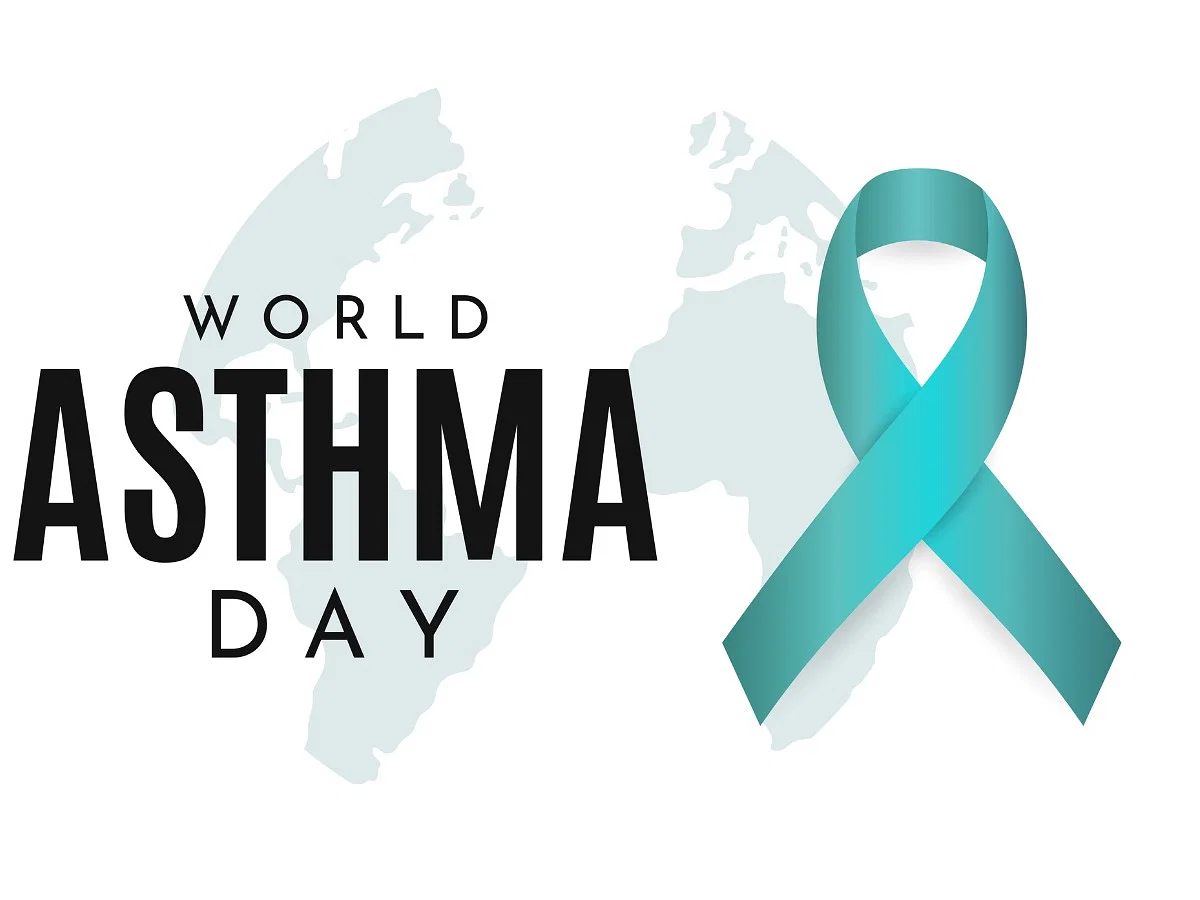


Every year, on the second Tuesday of May, “World Asthma Day” is held across the world to raise awareness of asthma worldwide. Asthma is one of the most common chronic non-communicable diseases, affecting over 260 million people and responsible for over 450,000 deaths each year worldwide. Most deaths occur in Asian countries like India due to poor quality of diagnosis and treatment. In India, more than 40 million people are affected by asthma.
As per expert Dr Lokesh Maan Jaipur, Asthma is a persistent inflammatory lung condition marked by wheezing in the chest, breathlessness, chest tightness, and coughing, which can fluctuate in severity with changing seasons due to exposure to different allergens over time. The majority of children and young adults are affected by bronchial asthma. Data analysis shows that below the age of 15 years, 4-20% of children, and above 15 years of age, 3-5% of the population suffer from asthma. While genetic predisposition plays a significant role in its onset, other risk factors such as obesity, smoking, chronic rhinosinusitis, food allergies, and eczema can also contribute to its development. In asthma, airways hyperrespond to various triggers and allergens, causing narrowing and inflammation of small bronchial tubes in the chest, hindering the smooth passage of air to the lungs and consequently impeding breathing. Various triggers such as pollution, smoking, allergens like pollen, fungal spores, dust mites, pet dander, and certain foods can exacerbate asthma symptoms.
Typical symptoms of asthma include difficulty breathing, chest discomfort, coughing, and wheezing. Diagnosis often involves several tests including pulmonary function tests (PFT), FeNO, chest radiography, and some blood tests to diagnose and assess the severity of asthma. Fortunately, asthma can be effectively managed with inhaler therapy comprising anti-inflammatories like inhaled corticosteroids in low doses and bronchodilator medications, offering patients a means to control their symptoms and lead fulfilling healthy lives. There are lots of myths about treatment by inhalers, but modern treatment is effective in treating asthma with minimum side effects.